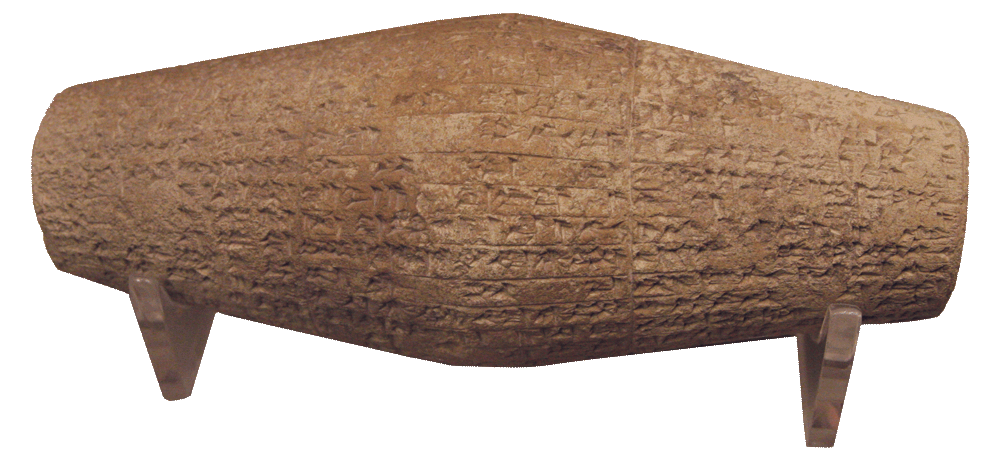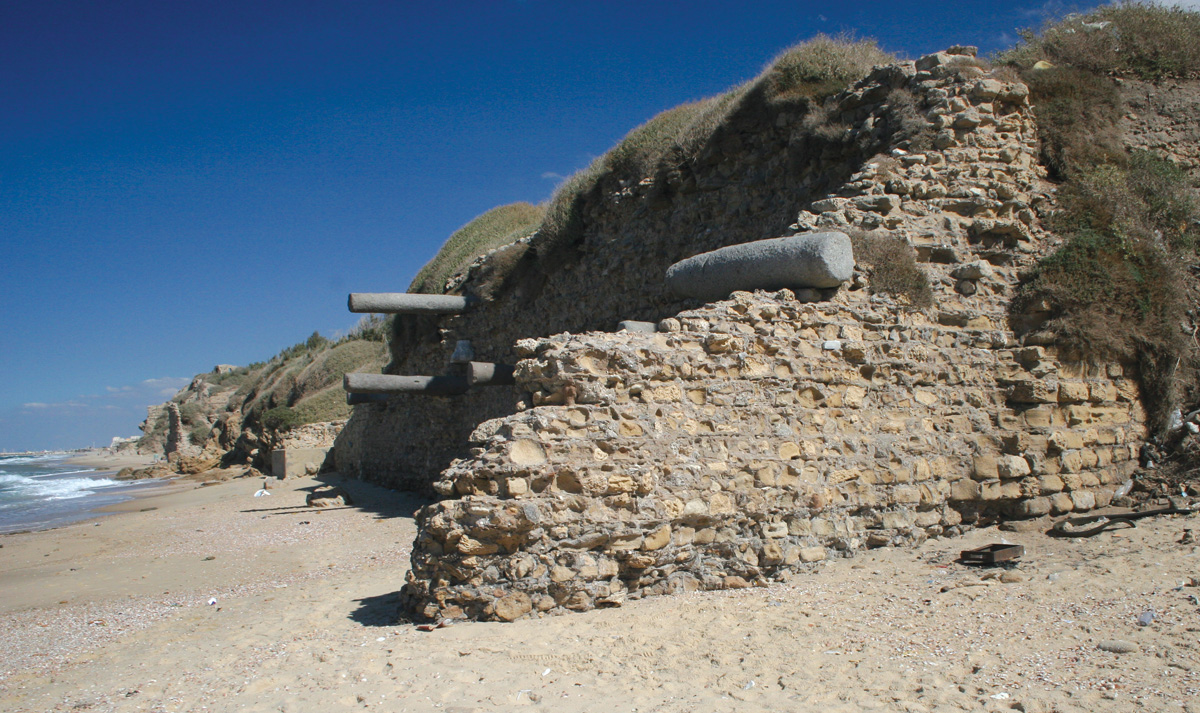Zephaniah
The Day of the Lord Is Near
Central Teaching
The “day of the LORD” is coming—a time of judgment on God’s enemies but also a time of restoration and blessing on those who trust in him.
Memory Verse
Setting
Zephaniah 1:1 places the ministry of Zephaniah during the reign of Josiah, the last good king of Judah (640–609 BC) and one of the few kings of Judah who obeyed God and worshiped him alone. Thus Zephaniah’s ministry overlapped with the early years of Jeremiah.
At the beginning of Josiah’s reign, the Assyrians still dominated the region, having driven the Cushites out of Egypt and destroyed Thebes, the center of Cushite religious domination of Egypt (see Nah. 3:8–10). But to the east of Assyria, the Babylonians rose to power. By the end of Josiah’s reign the Assyrians were in retreat, and the Babylonians were aggressively expanding.

Clay cylinder with an inscription of Nebuchadnezzar recording how he repaired a temple to Shamash, the sun god
Message
Like the other preexilic prophets, Zephaniah’s basic message can be synthesized to the three standard prophetic themes:
- You (Judah) have broken the covenant; you need to repent!
- No repentance? Then judgment!
- Nevertheless, there is hope beyond the judgment for a glorious, future restoration, both for Israel/Judah and for the nations.
Zephaniah accuses Judah of the same basic covenant violations that the other prophets rage against—idolatry, social injustice, and religious ritualism. Zephaniah also refers frequently to the “day of the LORD,” a time of judgment on God’s enemies—that is, those who oppose God, oppress his people, or rebel against him. It is also a time of judgment on Israel and Judah for their rejection of God and their terrible sins against the covenant. However, for the true people of God who trust in him, the day of the Lord is a time of wonderful blessing and restoration.
Outline
Interesting Features
- Zephaniah is called the “son of Cushi,” implying some kind of connection to ancient Cush in Africa.
- The “day of the LORD” is a central theme of Zephaniah.
- Zephaniah preached salvation for all of the peoples of the earth.
- Zephaniah declares that God sings when he rejoices over his people.

Zephaniah preaches judgment on the cities of Philistia (2:4–7). Pictured are the ruins of the Philistine city of Ashkelon.
Connections
Like the other prophets, Zephaniah sweeps away all superficial piety and unambiguously declares that arrogant, defiant, and rebellious people who ignore God’s call and reject his message can expect to experience severe judgment from God. The prophets are not unclear on this point. Sin is serious business; God does not merely look the other way or ignore it. On the other hand, Zephaniah proclaims a message that foreshadows the gospel. God provides a way of salvation for those who humbly and obediently seek him and listen to his message.
Another interesting application is that Zephaniah’s message can help us to know God better. Many people picture God as somber and cold, a scowling old man with a beard, sitting on a throne. Zephaniah pictures God as singing and rejoicing over those who are saved. Though we might anticipate that when we see God for the first time, he will be seated on a high throne, perhaps looking at us sternly, Zephaniah introduces the idea that God might be overflowing with excitement and joy to the extent that he breaks out in a joyful song!